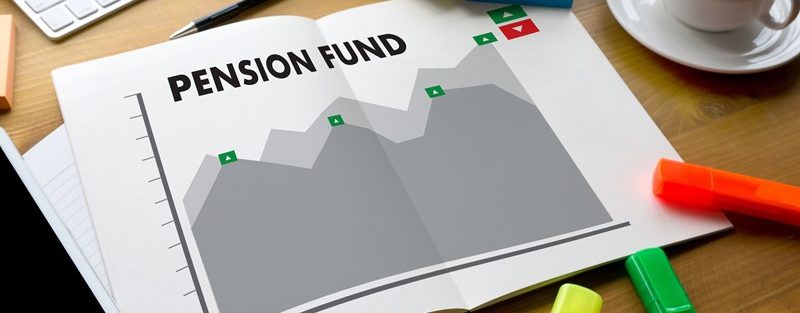You can claim tax relief on pension contributions up to 100% of earnings, but exceeding the annual allowance may trigger charges. Tax relief is paid on pension contributions at the highest rate of income tax paid.
The first 20% of tax relief is usually automatically applied by your employer with no further action required if you are a basic-rate taxpayer. If you are a higher rate or additional rate taxpayer, you can claim back any further reliefs on your self-assessment tax return.
There is an annual allowance for tax relief on pensions of £60,000. There is also a three year carry forward rule that allows you to carry forward any unused amount of your annual allowance from the last three tax years if you have made pension savings in those years.
If your total pension contributions are excessive and you exceed the annual allowance, you may face a tax charge. Your pension provider should inform you if you exceed the limit within their scheme, but if you have multiple pensions, you will need to request statements from each provider to check your position. You or your pension provider must pay any tax due from exceeding the limit.
You must report the charge in the ‘Pension savings tax charges’ section of your self-assessment tax return or use form SA101 if filing by paper. This is required even if your pension provider paid all or part of the tax due. You can still claim tax relief on contributions. HMRC does not tax anyone for going over their annual allowance in a tax year if they retired and took all their pension pots because of serious ill health or they died.



